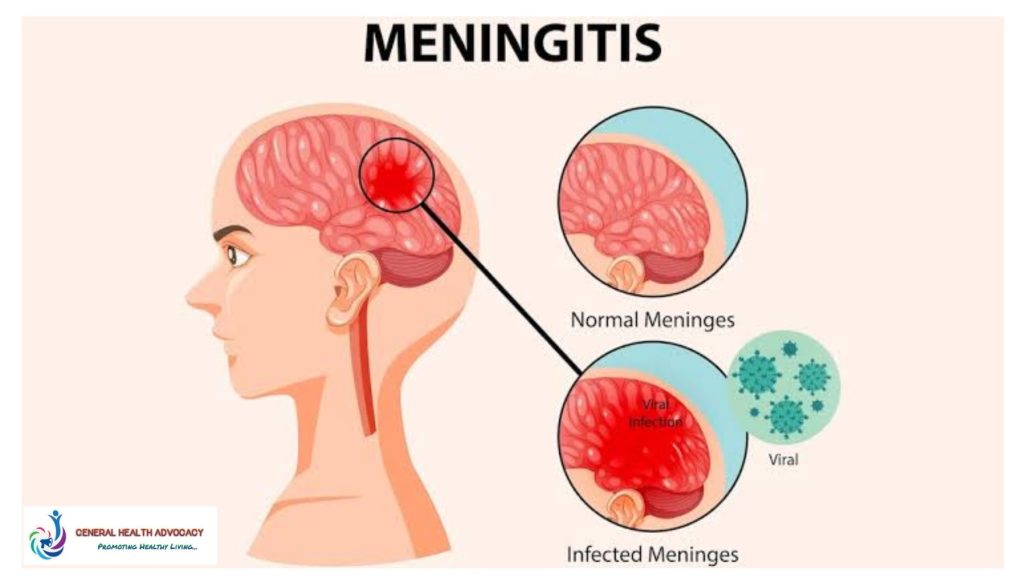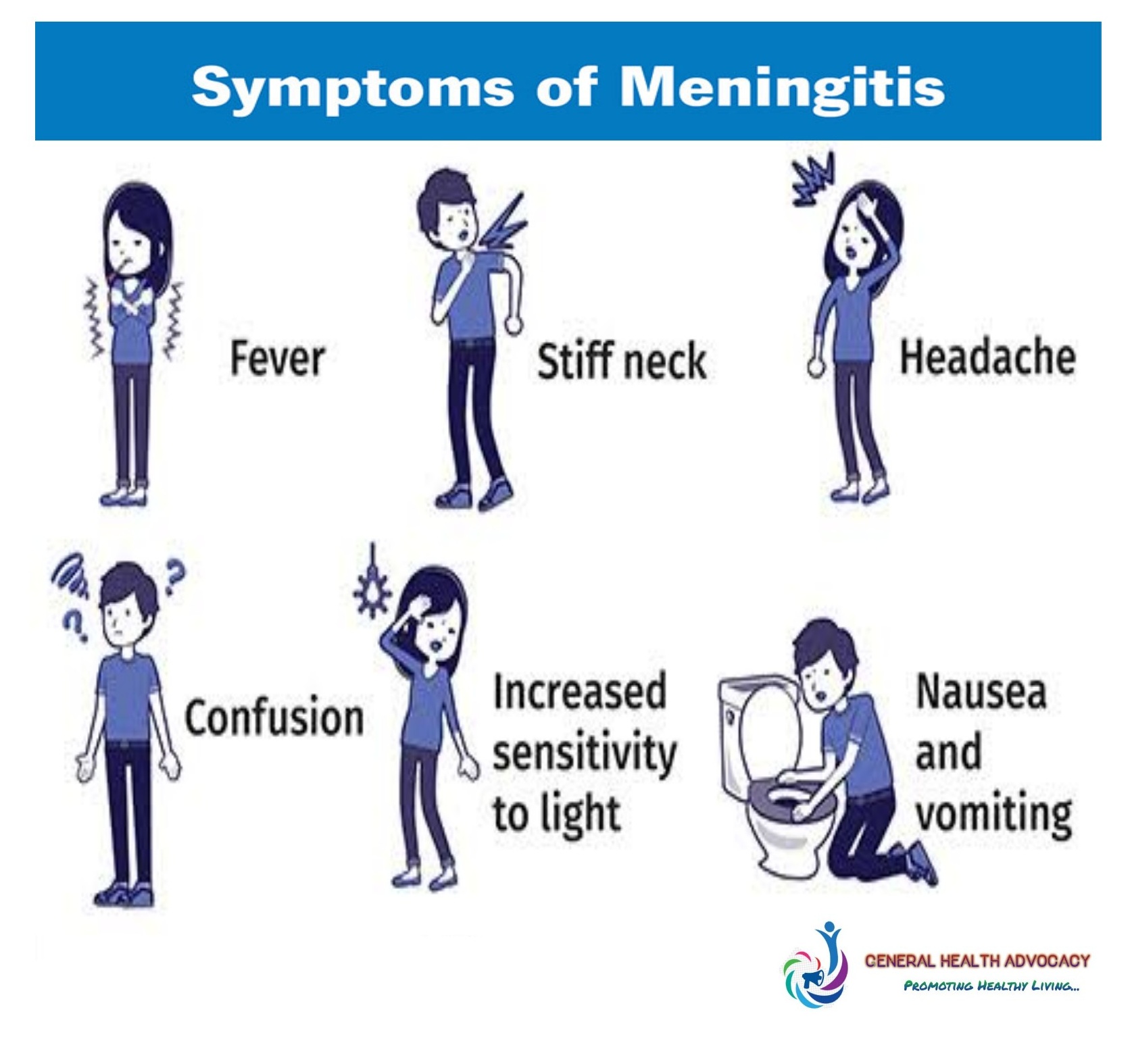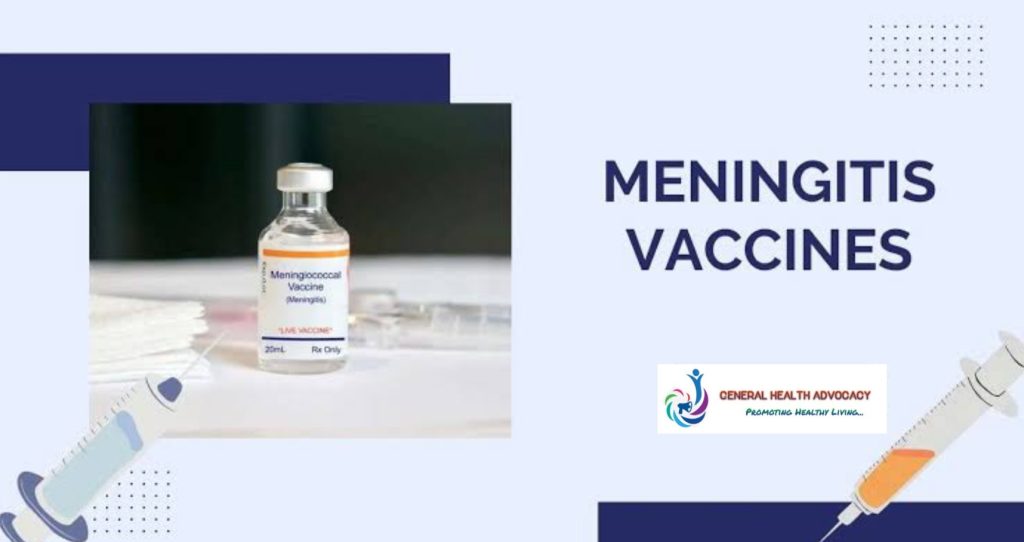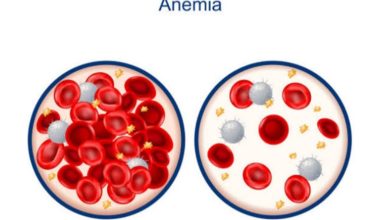Shielding Against Meningitis: Proactive Measures for Health Protection

Meningitis is a serious medical condition characterized by inflammation of the protective membranes covering the brain and spinal cord, known as the meninges. This inflammation can be caused by viral, bacterial, or fungal infections, and in some cases, it can also result from non-infectious causes such as certain medications, autoimmune disorders, or cancer.
Causes of Meningitis
1. Bacterial Infections: Bacterial meningitis is often caused by pathogens such as Streptococcus pneumoniae, Neisseria meningitidis, and Haemophilus influenzae type b. These bacteria can spread through respiratory droplets or direct contact with an infected individual.
2. Viral Infections: Viral meningitis is commonly caused by enteroviruses, which are transmitted through fecal-oral route or respiratory secretions. Other viruses such as herpes simplex virus, mumps virus, and influenza virus can also lead to viral meningitis.
3. Fungal Infections: Fungal meningitis is less common and usually occurs in individuals with weakened immune systems. It can be caused by fungi such as Cryptococcus neoformans or Histoplasma capsulatum.
4. Non-Infectious Causes: Meningitis can also result from non-infectious causes, including certain medications, autoimmune disorders like lupus or Behçet’s disease, or cancer that has spread to the meninges.
Meningitis Symptoms and Signs
Meningitis symptoms can vary depending on the cause (bacterial, viral, fungal) and the individual’s age and overall health. Common symptoms include:
1. Sudden Onset of Fever: High fever is often one of the first symptoms of meningitis.
2. Severe Headache: Headaches associated with meningitis can be intense and persistent.
3. Stiff Neck: Neck stiffness and pain, especially when trying to touch the chin to the chest, can indicate meningitis.
4. Nausea and Vomiting: These symptoms are common and may be accompanied by sensitivity to light (photophobia).
5. Confusion or Altered Mental Status: In severe cases, individuals may experience confusion, difficulty concentrating, or even coma.
6. Rash: Some forms of bacterial meningitis, such as meningococcal meningitis, may cause a distinctive rash that doesn’t fade under pressure (petechiae).

Infants and young children may exhibit different symptoms, including irritability, poor feeding, and a bulging fontanelle (soft spot on the head). It’s crucial to seek medical attention promptly if meningitis is suspected, as early treatment can improve outcomes.
Test for Meningitis
Prompt diagnosis is crucial for effective treatment of meningitis. Doctors may recommend several tests to diagnose meningitis, including:
1. Lumbar Puncture (Spinal Tap): This procedure involves taking a sample of cerebrospinal fluid (CSF) from the spinal canal for analysis. Abnormalities in CSF, such as increased white blood cells or elevated protein levels, can indicate meningitis.
2. Blood Tests: Blood cultures can help identify the presence of bacteria or viruses in the bloodstream.
3. Imaging Tests: CT scans or MRI scans may be used to detect swelling or inflammation in the brain or spinal cord.
Early detection through these tests is crucial for initiating appropriate treatment and preventing complications.
Meningitis Vaccine
Vaccination against meningitis is crucial for prevention, particularly considering its potential severity. The meningitis vaccine protects against several strains of bacteria and viruses that can cause meningitis. The most common types of meningitis vaccines are:
1. Meningococcal Conjugate Vaccines (MCV4): Protect against four types of meningococcal bacteria (A, C, W, and Y).
2. Meningococcal B Vaccines: Target the meningococcal serogroup B bacteria.
3. Pneumococcal Vaccine: Protects against pneumococcal meningitis, caused by the bacteria Streptococcus pneumoniae.

Vaccination is typically recommended during adolescence, especially before attending college or living in crowded environments like dormitories. However, booster shots may be necessary for continued protection.
Read Also
Various Recommended Ways to Prevent and Control Meningitis
1. Vaccination: Vaccination is the most effective way to prevent certain types of bacterial meningitis. Vaccines against pathogens such as Neisseria meningitidis, Streptococcus pneumoniae, and Haemophilus influenzae type b are recommended, especially for children and adolescents.
2. Good Hygiene Practices: Practicing good hygiene, such as frequent handwashing and avoiding close contact with sick individuals, can help reduce the risk of viral and some bacterial infections that can lead to meningitis.
3. Avoiding Sharing Personal Items: Avoid sharing personal items such as utensils, drinking glasses, or toothbrushes, especially during outbreaks of viral meningitis, to minimize the risk of transmission.
4. Prompt Treatment of Infections: Prompt diagnosis and treatment of infections that can potentially lead to meningitis, such as ear infections or sinusitis, can help prevent the spread of pathogens to the central nervous system.
5. Maintaining a Healthy Immune System: Maintaining a healthy lifestyle, including getting adequate sleep, eating a balanced diet, exercising regularly, and managing stress, can help support a strong immune system and reduce the risk of infections.
Meningitis is a medical emergency that requires immediate attention. If you or someone you know experiences symptoms suggestive of meningitis, such as severe headache, stiff neck, fever, and altered mental status, seek medical help immediately. Early diagnosis and treatment are crucial for improving outcomes and preventing complications associated with meningitis.



